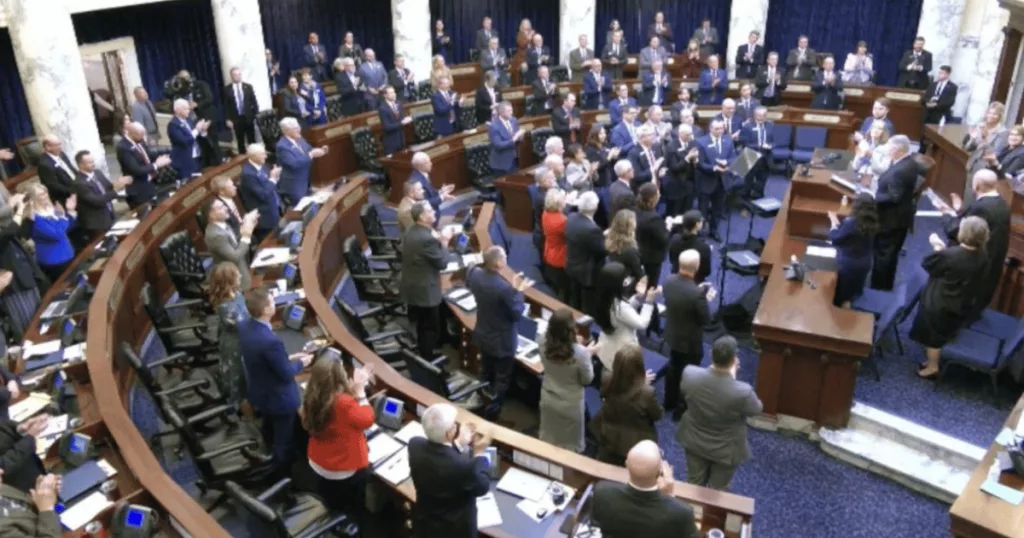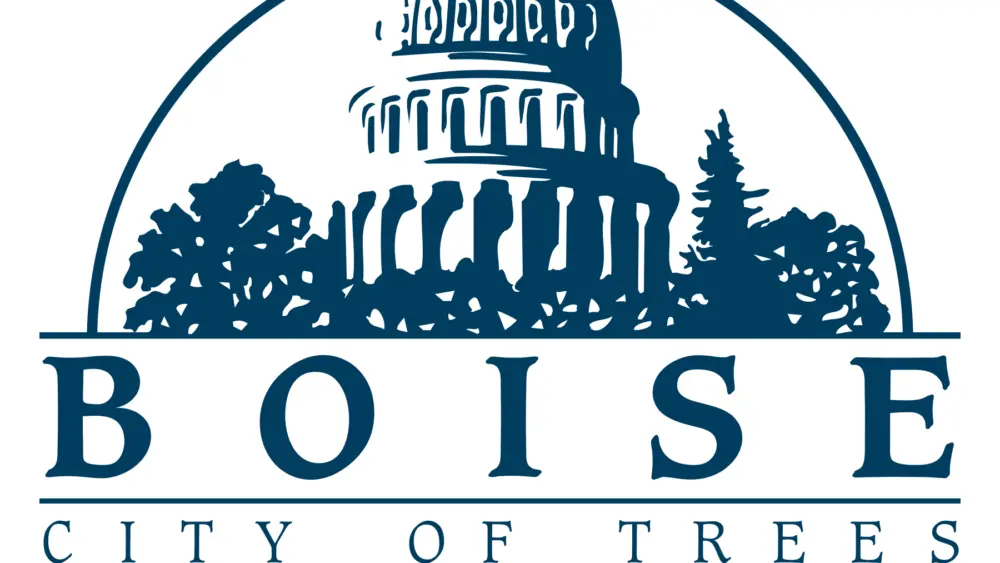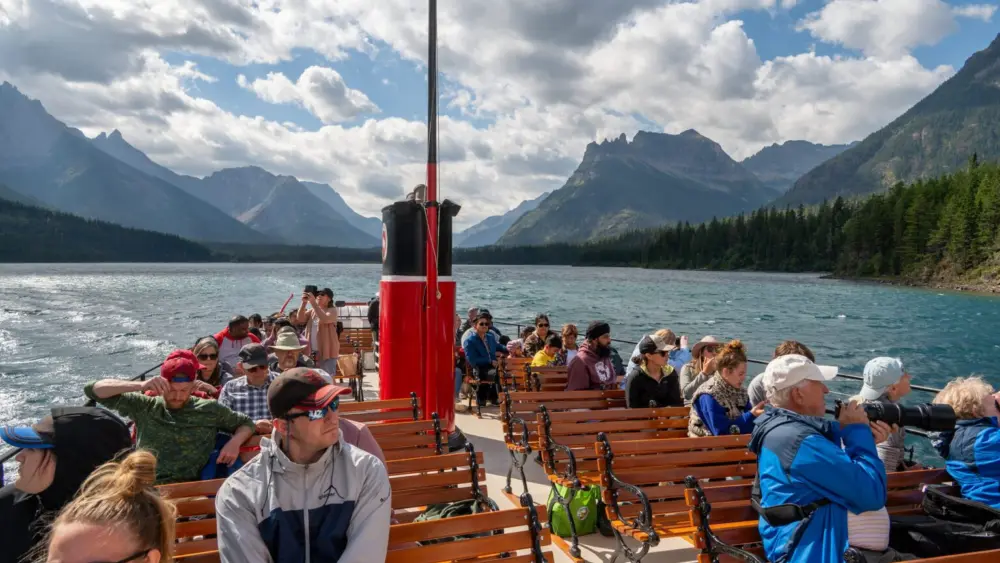(Idaho State) Gov. Brad Little Monday proposed setting aside $50 million in state revenue for a private school choice program that directs public funds to private schoolers and home-schoolers.
A Republican in his second term, Little revealed his policy agenda during the annual State of the State address before state lawmakers and members of the Idaho Supreme Court. In addition to the funds for private schooling, Little called for $83 million in K-12 educator and staff raises and $25 million to expand workforce training capacity in support of Idaho Launch.
Monday’s speech marked the first time Little has publicly supported spending tax dollars on private school tuition. Republican-led states across the U.S. have adopted private school choice programs in recent years, but Idaho lawmakers have repeatedly rejected proposals since around 2018.
Idaho already has “an abundance of schooling options,” Little said, touting the popularity of charter schools as well as state laws that allow students to attend any public school in the state.
“I recognize the growing desire to expand school choice, especially for students with unique physical or developmental conditions,” he said. “… Just like we do with every taxpayer dollar that is spent in government, we will ensure there is oversight in school choice.”
To read Little’s full speech, click here.

Little said any private school choice measure he considers must be “fair, responsible, transparent and accountable” and “prioritize the families that need it most.” It also cannot “take funds away from public schools.”
His call for private school spending came hours after Rep. Wendy Horman debuted a refundable tax credit proposal that would spend $50 million on private school tuition and other education expenses, like books and transportation.
Co-sponsored with Sen. Lori Den Hartog, R-Meridian, the bill would allow private school and home-school families to claim $5,000 tax credits for education expenses. Students with special needs would be offered $7,500, and families earning below 300% would have first claim to the money.
“For many, many years, Sen. Den Hartog and I have been partners in trying to advance opportunities for all our children,” Horman, R-Idaho Falls, said during a news conference hosted by the Mountain States Policy Center. “We’re not giving up until we succeed.”
Little also called for more than $150 million in new spending on public schools. This includes $83 million in raises for K-12 teachers, administrators and staff, $28 million for teacher health insurance and $50 million for rural school facilities, mental health and school safety and accountability initiatives tied to learning and literacy.
The state’s career ladder program, which provided annual increases for public school teachers, expires this fiscal year. Little proposed tying school employee raises to the broader “change in employee compensation” (CEC) mechanism that determines pay increases for other state employees. While a state law triggered annual raises under the career ladder, CEC raises are set each year by a legislative committee with approval from the House and Senate.
Little’s budget also endorses state superintendent Debbie Critchfield’s public school spending requests. Critchfield, a Republican, proposed a per-student funding formula that would divvy districts’ discretionary funding — about $432.1 million, or 13% of the overall public school support budget — based on weights that account for higher-cost students.
Little said his agenda prioritizes “first and foremost” public schools. “Adequately funding public schools is both our constitutional and our moral obligation, and we will not abandon that obligation.”
He also called for $25 million to build workforce training capacity that supports Idaho Launch. In its inaugural year, the program gave scholarships to nearly 6,500 students to finance college degrees or workforce training.
Little proposed spending $15 million on additional classroom and laboratory space for career-technical education programs and another $10 million to add seats in community colleges and technical colleges. Community college enrollment increased 15% after Launch, Little said.
“Launch convinced kids who never would have considered training after high school to go on,” he said. “Many of these students will support the industries that help us keep up with growth — jobs in construction, auto technicians and plumbers, along with welders, electricians, and a host of other professions.”
Little’s total state budget recommendation is $5.6 billion, up from $5.4 billion for the current fiscal year, a 4.5% increase.
For additional highlights from Little’s proposed budget, click here.





